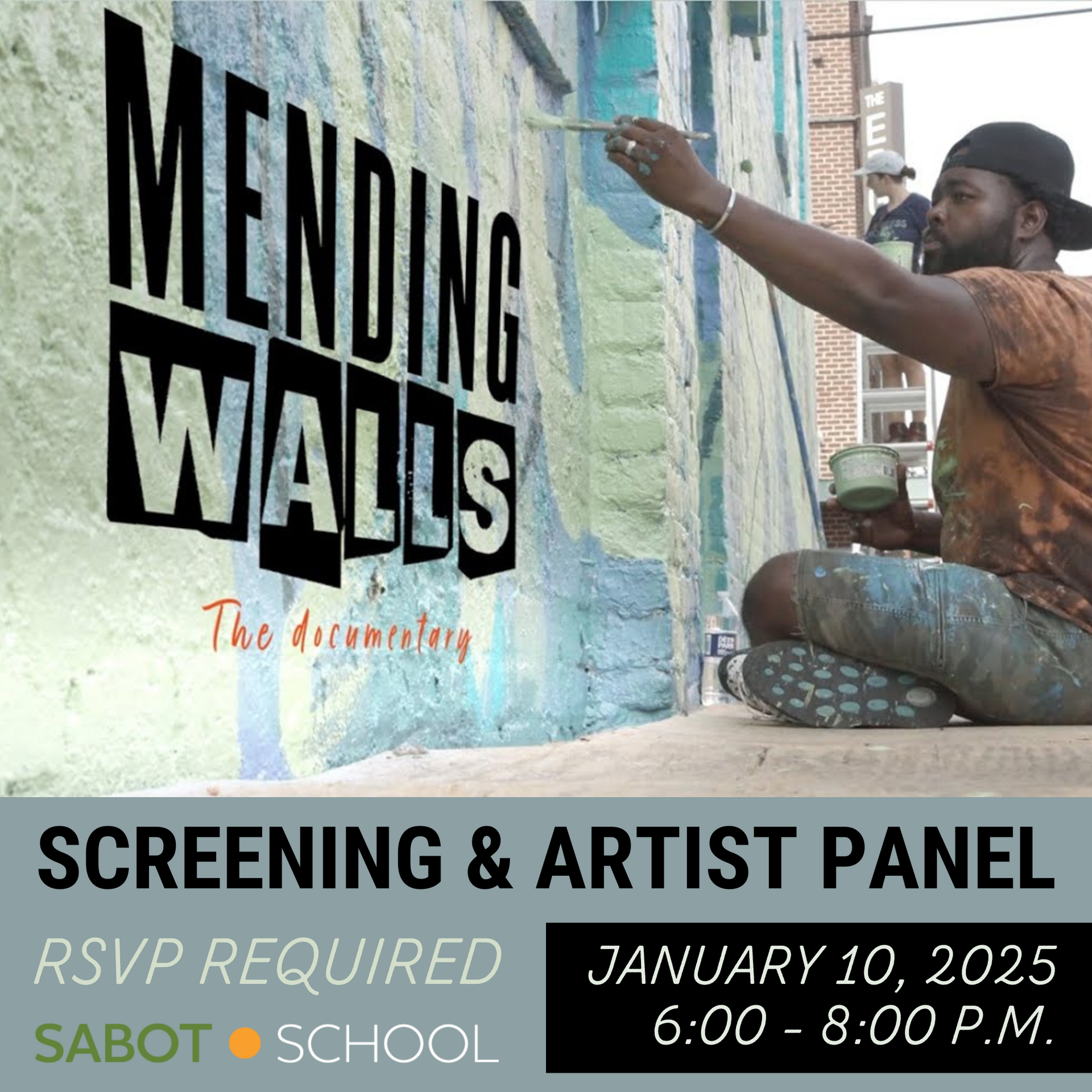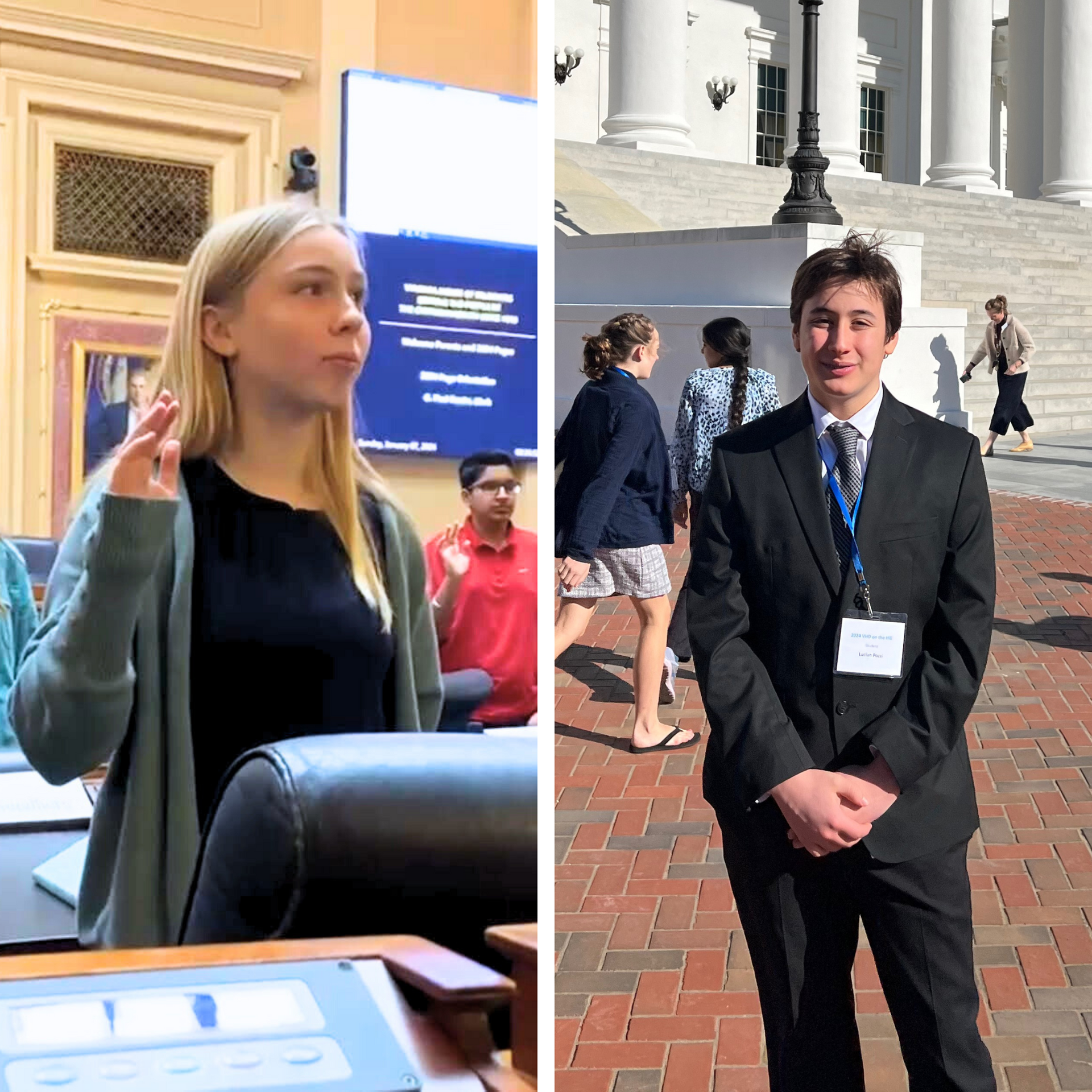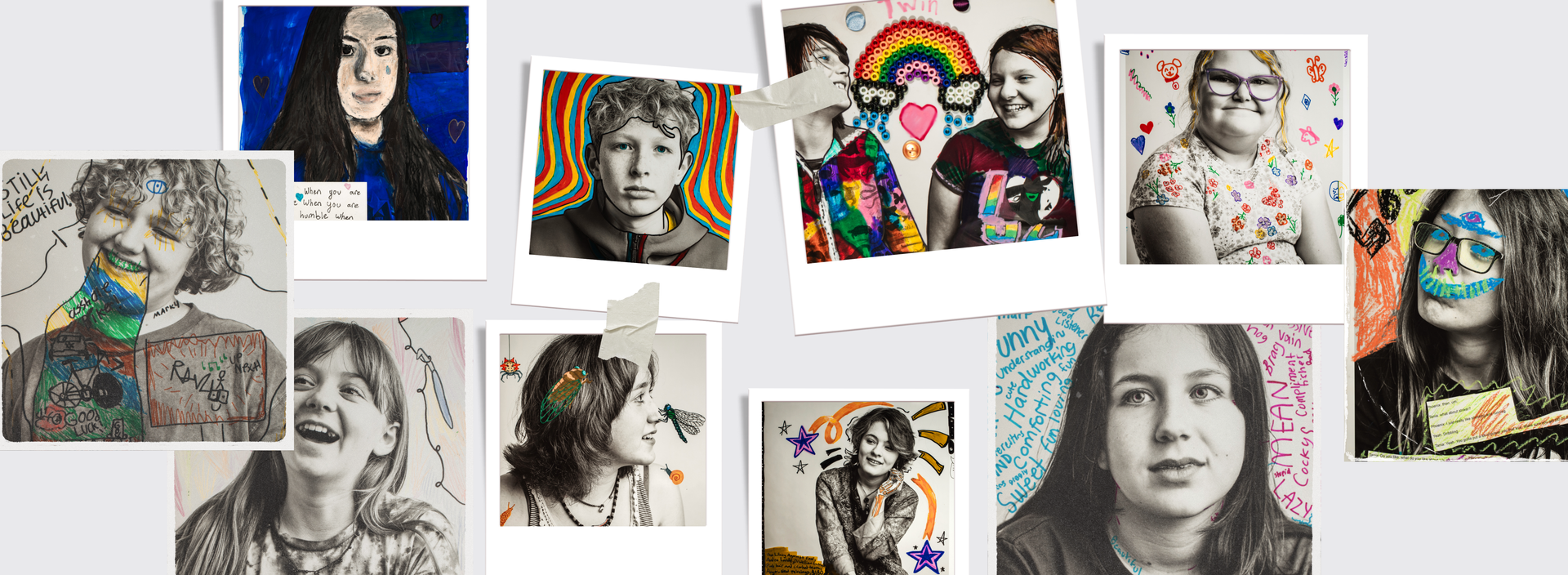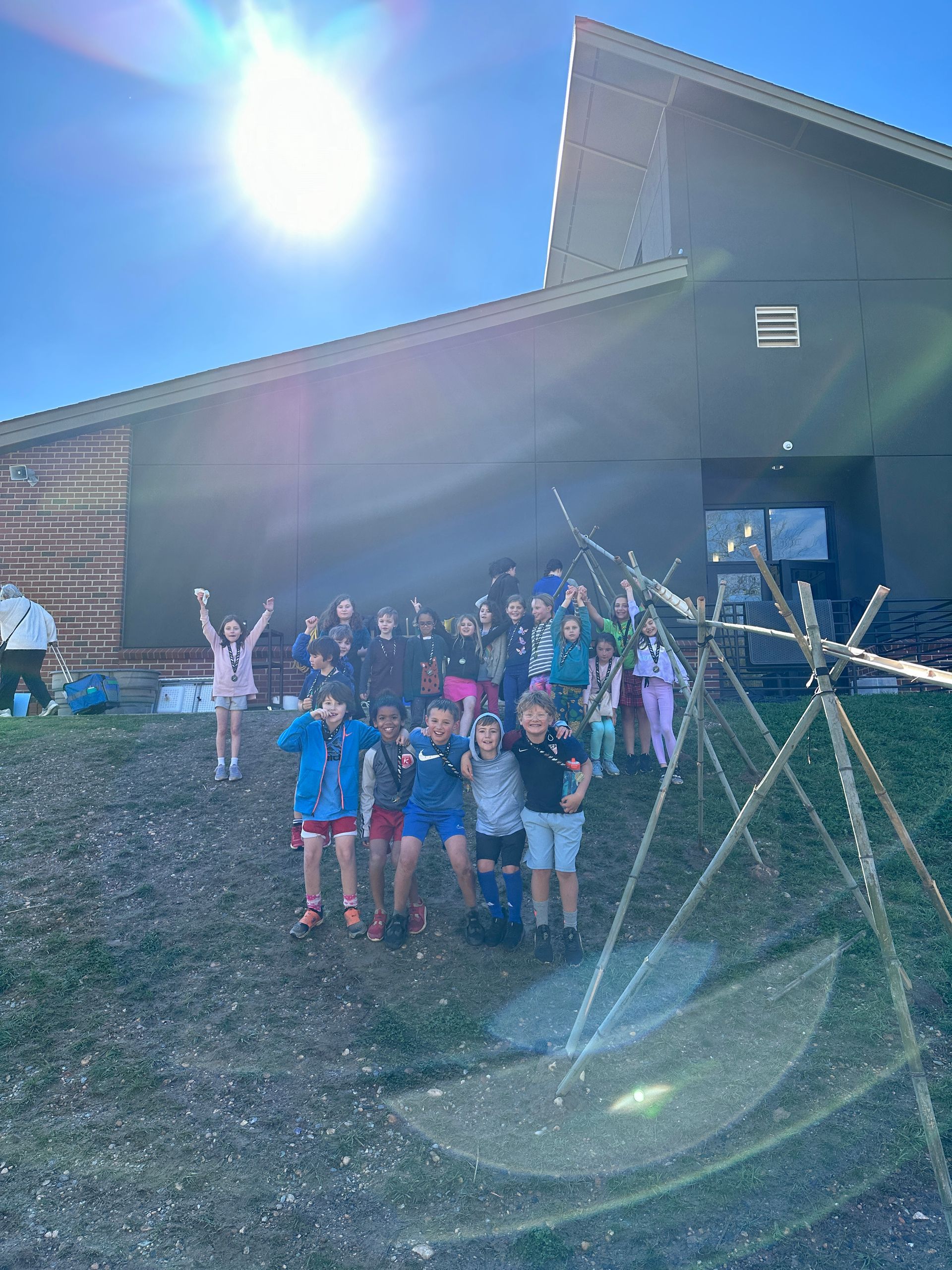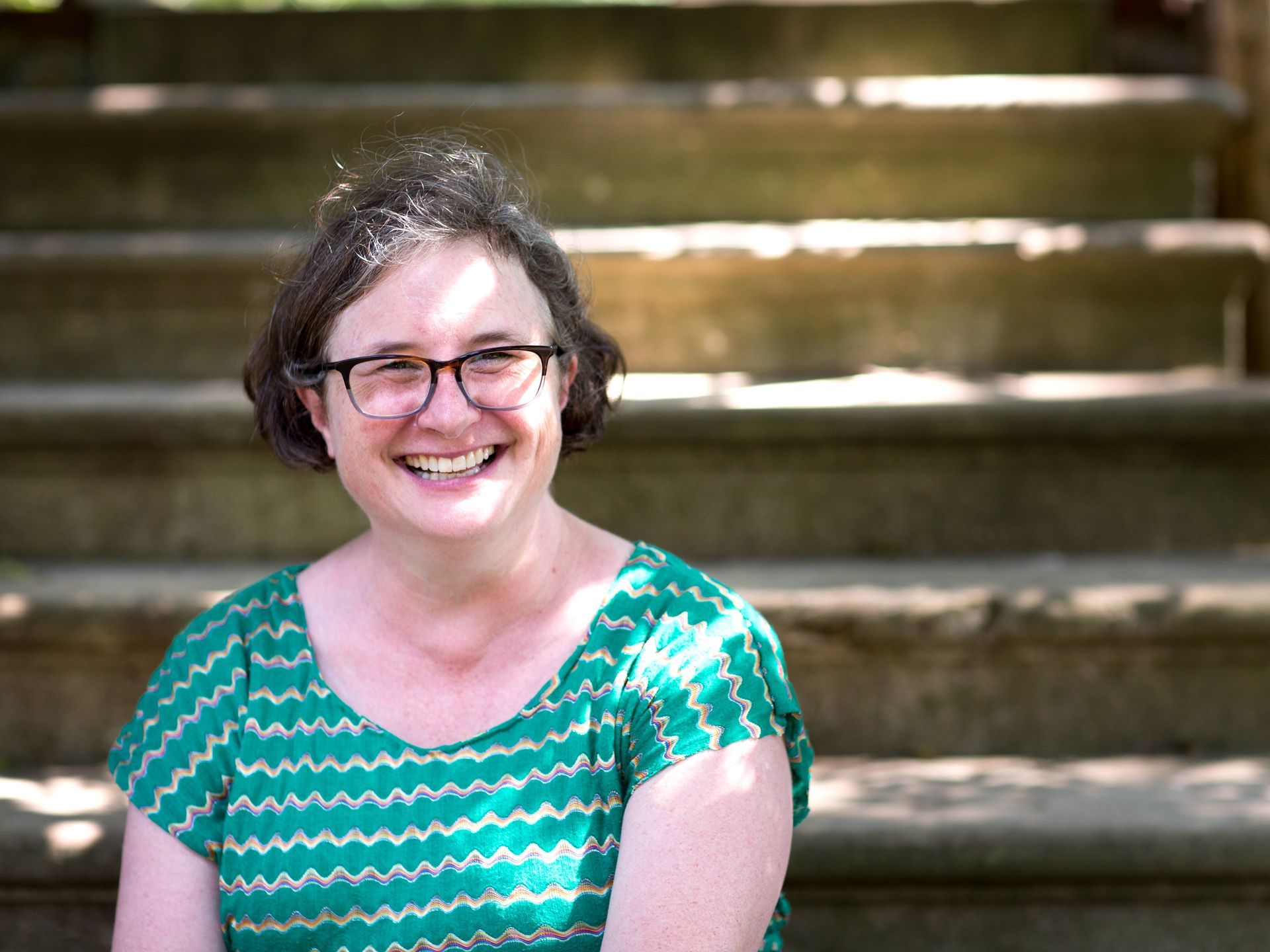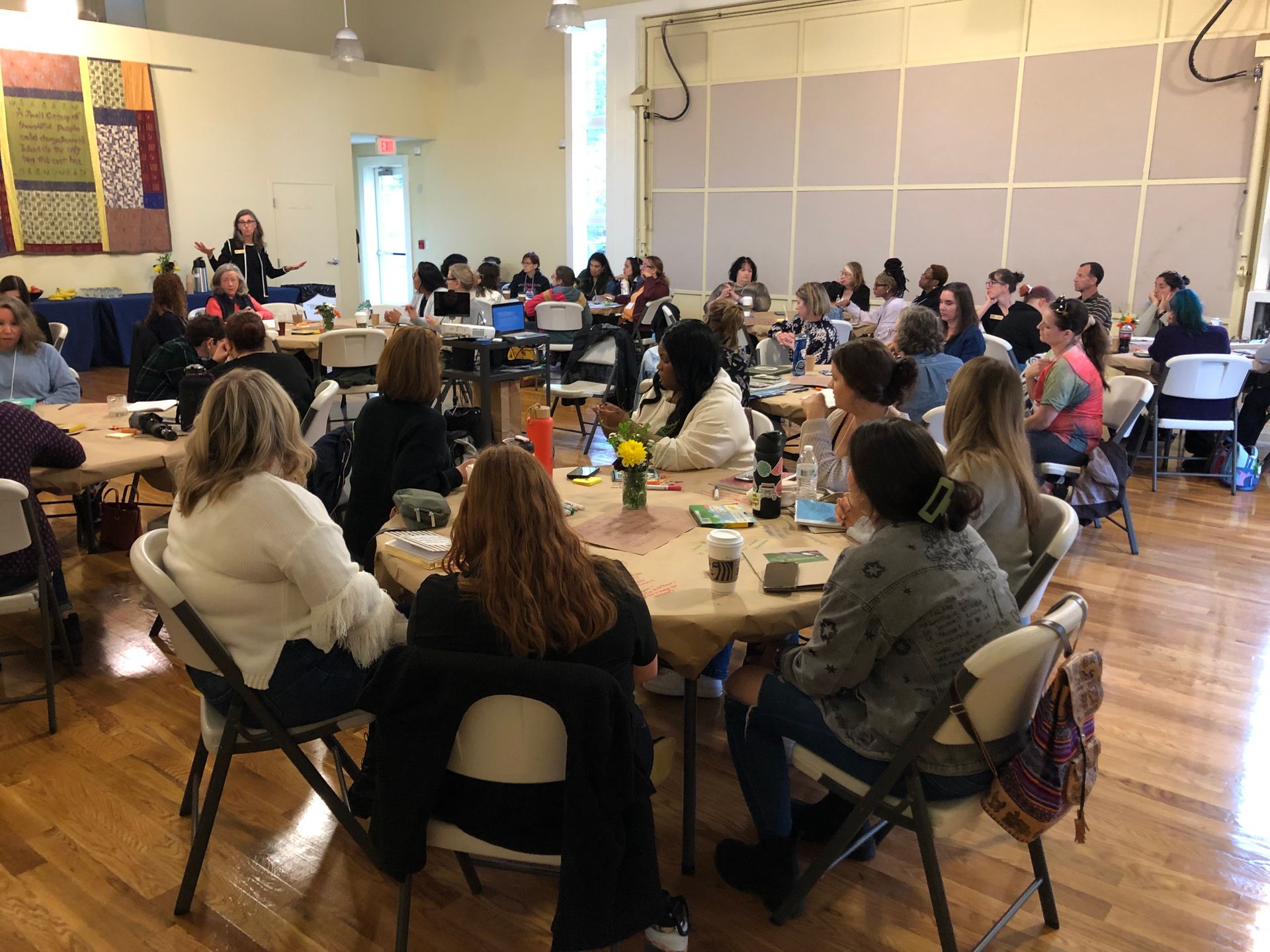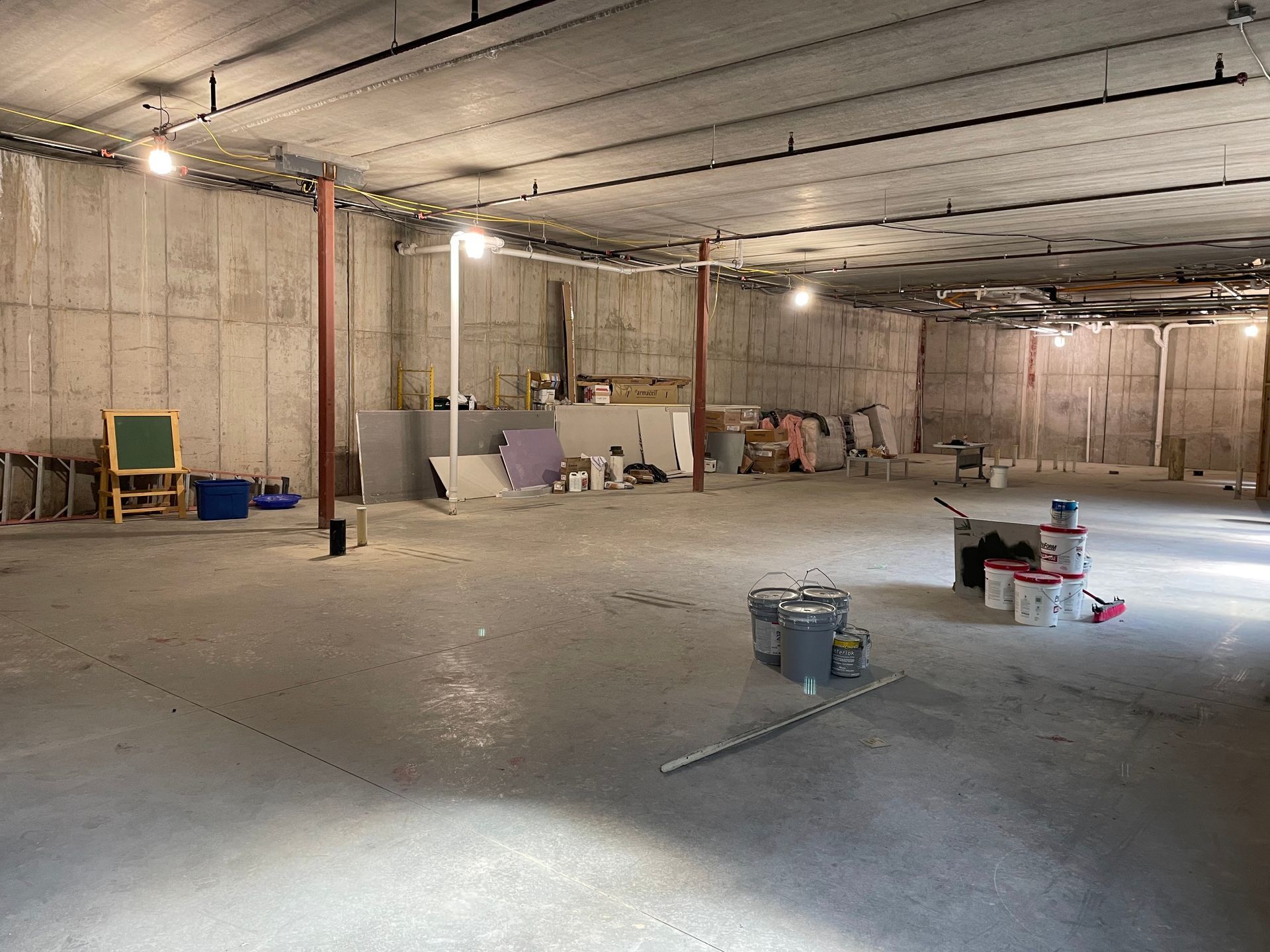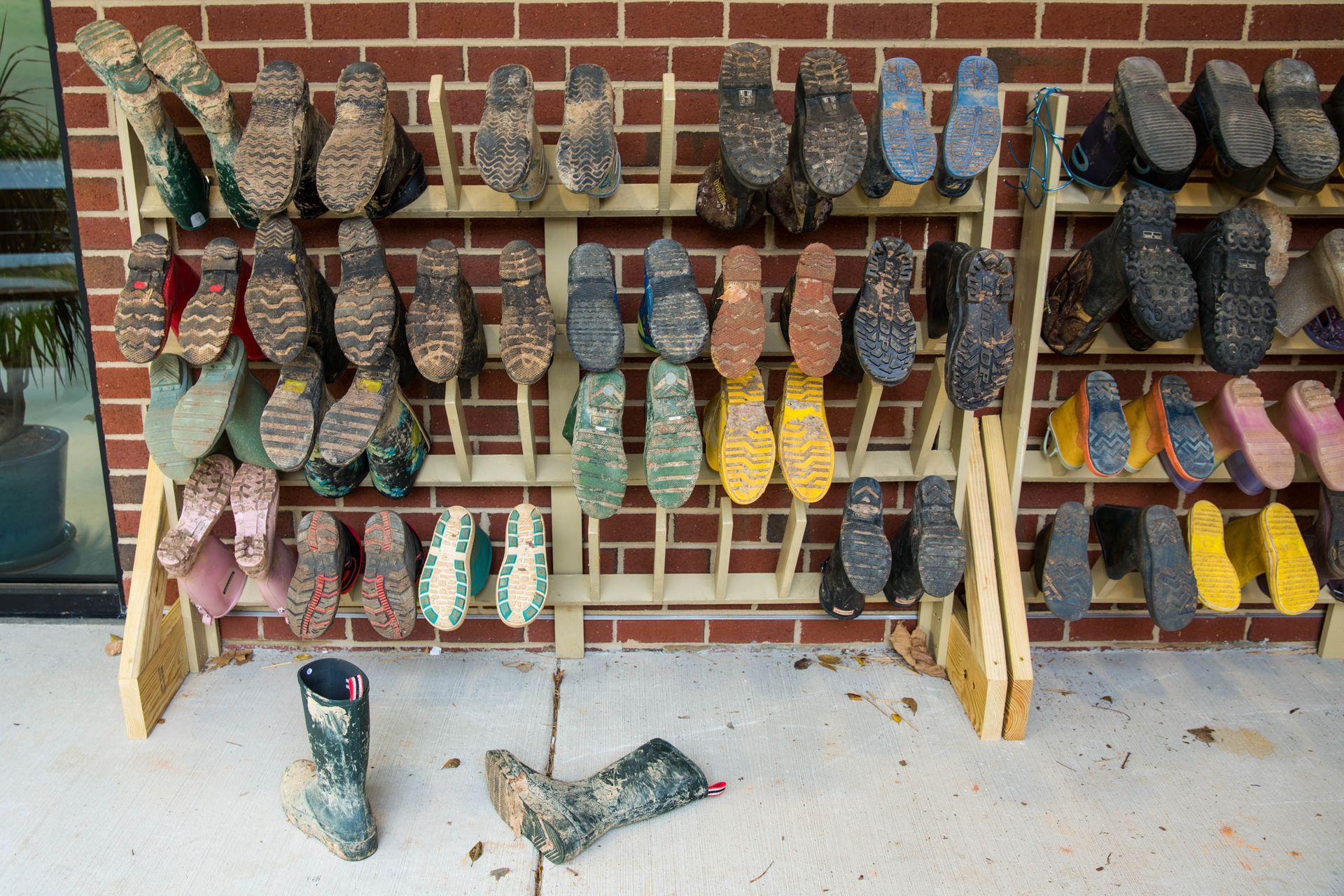Yesterday in class we looked at this diagram which relates to one small part of the learning process. I have combined a few ideas and of course simplified them for a fifth grade audience.
We started with frustration. This is the information that you cannot
learn right now, no matter how hard you want to. You don’t have the skill and background knowledge.
The next area is the “zone of proximal development” (Lev Vigotsky, should you want to look it up)
These are the things you can learn, given support,scaffolding, support, time and effort. The closer it is to your frustration level, the more of these things it will take. This is the area where you know it and then forget it again, or can follow a diagram but can’t apply it, or can do it out loud with help, but not write it down. The class has been relieved to find out that this is a normal part of learning things for everyone, not a reflection on their personal mental capacity.
The next step is mastery. At this point, you can carry the information, reasoning and skill with you as you go, apply it, and probably use it in a new situation. This takes a larger amount of practice and thinking than you might imagine. At this point, you might forget the details of how to do something, but since you understand the concept, you will probably be able to reconstruct how to do it. For some things, we are done with the process at this point, but in lower school, we are often not- there is another bridge to cross.
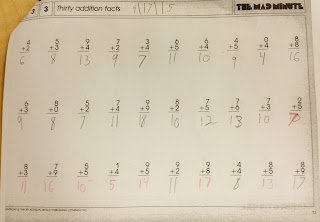
The next important step is automaticity. (LeBerge and Samuels, in reference to reading, if you wish to know more.) Automaticity is the ability to do something without thinking about it consciously at all. It takes a good deal of practice. Automaticity is the reason that you automatically type an upper case letter at the beginning of a sentence. It’s the reason that when someone says 3 x 8, 24 appears in your head. If you have mastered 3 x 8, you can figure it out pretty quickly; you know why it is 24, but you have to think about it for a second. If it’s automatic, you don’t.
This is important, because as you advance through the grades, tasks gradually become more complex. On the postive side, tasks that would have been way out in the frustration zone for a first grader are relatively simple for a fifth grader. On the other hand, as you progress, tasks become more complex and have more steps. If few to none of those steps are automatic yet, the amount of brainpower, decision making and energy it takes to write a paragraph, say, would be daunting for anyone. And that produces anxiety. And anxiety slows down problem solving and recall, and it just gets worse. So there are some basic skills we just have to practice until we know them/can do them without thinking about them at all. Things like math combinations, spelling the 500-1,000 most common words, and where the periods go.
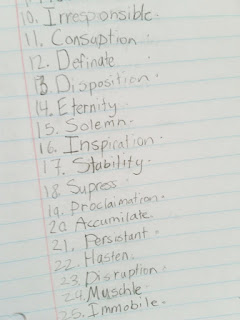
A lot of what we do this year will be geared toward provocations and scaffolding to master new material that is in the zone of proximal development. But more than you think will be directed toward improving automaticity before the tasks get even more complicated in middle school. Long term automaticity takes an unbelievable amount of practice. That’s what the work that looks like it is just going over easy things is for. Or, why I will be picky on occasion about what seem like minor details. I will be doing my best to keep these practices short and as painless as possible, but they absolutely have to be done. The payoff is having part of solving a new and challenging problem taken away from your conscious mind, so that you can confidently attack new ideas and skills.
